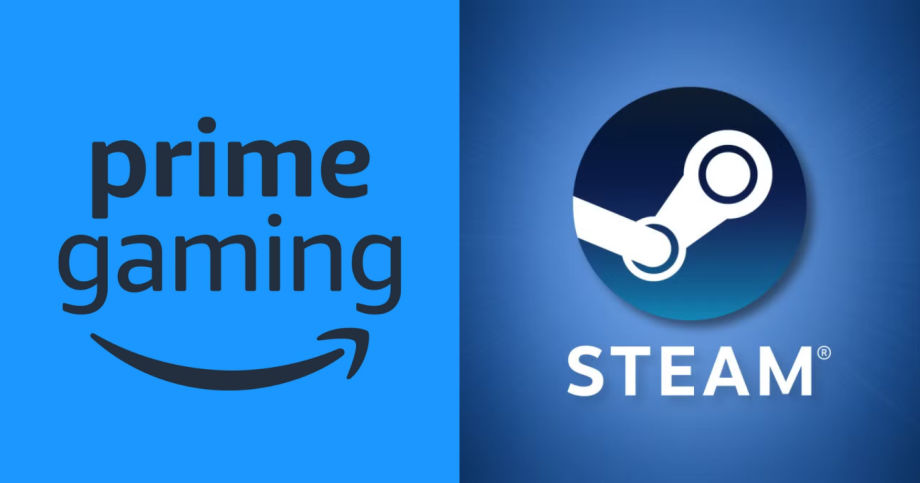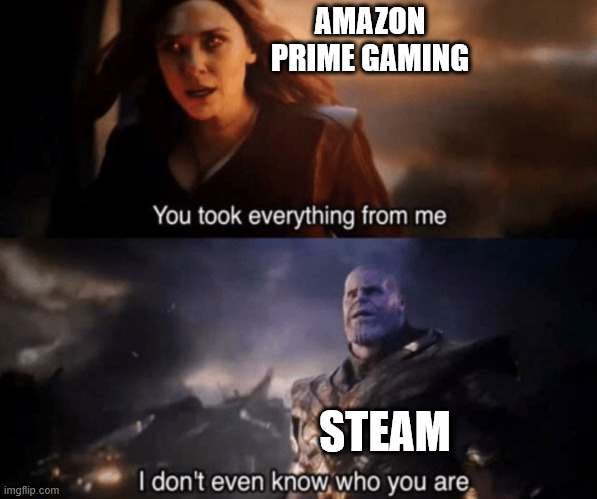Thick Thighs Save Lives
NeoGAF's Physical Games Advocate Extraordinaire

Steam is no doubt the dominant force in game distribution, almost a monopoly, even though companies like Epic Games try to compete. Amazon's Prime Gaming also wished to overthrow Valve's platform, but it couldn't, and its VP, Ethan Evans, went to LinkedIn to share why this "Goliath," as he calls Amazon, couldn't find a working plan.
"As VP of Prime Gaming at Amazon, we failed multiple times to disrupt the game platform Steam. We were at least 250x bigger, and we tried everything. But ultimately, Goliath lost."
He says no one at Amazon "cracked the code" because they ultimately "underestimated what made consumers use Steam."
First, Amazon bought the Reflexive Entertainment PC game store and "tried to scale it," then it acquired Twitch and made its own marketplace: "Our assumption was that gamers would naturally buy from us because they were already using Twitch. Wrong."
Finally, the company built Luna, a Stadia-like streaming service that allowed people to play without a high-end PC. And we know where Stadia is now. "The whole time, Steam dominated despite being a relatively small company (compared to Amazon and Google)."
Steam was "a store, a social network, a library, and a trophy case all in one. And it worked well," Evans says.
Amazon, naively, I must add, assumed that its size and fame would be enough, but it "underestimated the power of existing user habits."
"We never validated our core assumptions before investing heavily in solutions. The truth is that gamers already had the solution to their problems, and they weren't going to switch platforms just because a new one was available."
Amazon had to make something better but couldn't. "And we needed to validate our assumptions about our customers before starting to build. But we never really did that either."
"Just because you are big enough to build something doesn't mean people will use it," Evans concludes, and I can't agree more. Unfortunately, we often see big bosses failing to understand what simple people wish for, and this is why such decisions should be discussed with the audience, not the bigwigs who care about money and hardly even use the stuff they propose, I'm pretty sure.
"Reflecting on these mistakes, I realize how crucial it is to deeply understand customers before making big moves," Evans continues, referencing leadership coach James Birchler's guide on obtaining customer insights and using them:
1. Talk to real customers before writing code
2. Test assumptions, not just features
3. Build measurement into your process
Yes, I know what you think: it sounds like the most obvious thing ever, but I suppose it's not that clear from up there.
"I wish Amazon had followed James' playbook before trying to take on Steam," Evans tells his LinkedIn audience. Well, at least he admits that this humbling situation, Amazon's worst assumption, happened.





